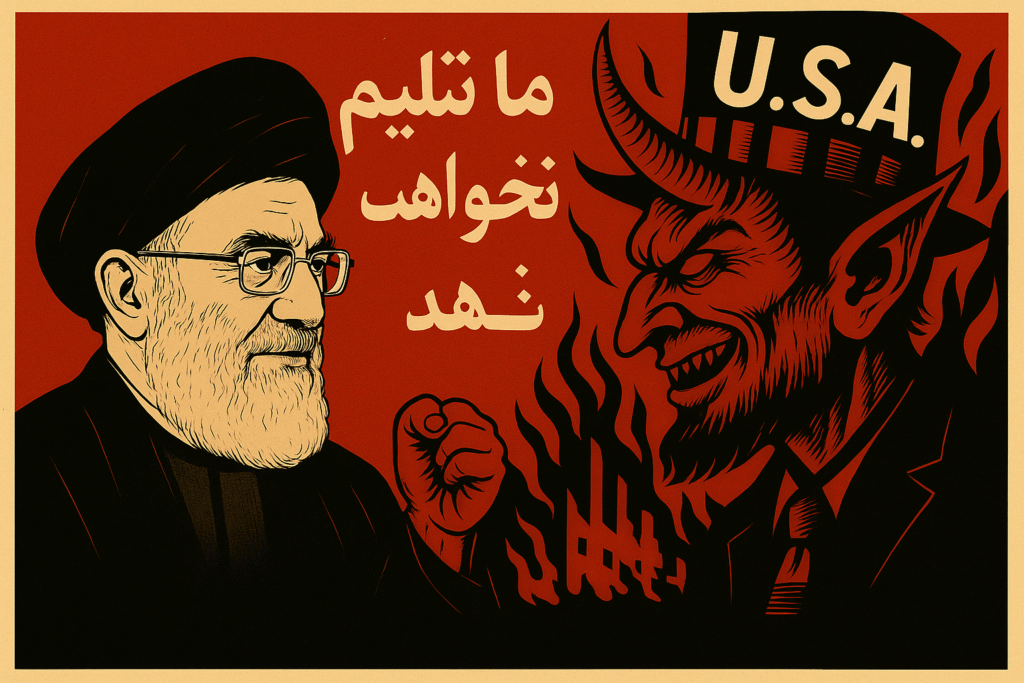A preliminary remark: under this concept we will realize all non-Marxist inter-war European movements, most frequently of a mass nature, whose political power, if acquired in a given country, was not based on democratic legitimacy.
That's a broad definition. In this way, we can include Italian fascists, German national socialists, francists in Madrid, but besides Salazar's governments in Portugal and Horthi in Budapest. It's a large spectrum, a mark of an era and an interesting phenomenon, worthy of consideration. First of all, is it an ideally coherent internationalist, or a consequence to the left-wing Marxist challenge or the effect of the First planet War, rising over the then liberal Western governments of the stench of nihilism and spiritual decline? Or is it a large simplification to bind the individual pieces, 1 connecting them with a buckle? surely so; for in making reducing connections, the task was facilitated, and all the analysis was fundamentally brought to what is called an accident at work. It wasn't. A fewer details. For example, in the case of Spain, we have a strong reaction of military factors that have combined their forces with mass Falanga in the fight against the left. Besides, this matrimony was not entirely successful. In Portugal, however, the technocratic nature of power was even more characteristic. likewise in Hungary. Although the cruel treatment of them by Ententa and the communist revolution together provided a circumstantial basis for this yet balanced dictatorship. In fact, therefore, we can bring fascism to Italy and Germany.
And these 2 phenomena truly request to be connected? Or is convergence between them a specified facilitation? It is to be thought that this was indeed the case. I would bring the full substance to the conclusion that only Mussolini's regulation can be considered fascist. National socialism is only a case for Germany. The convergence, on the another hand, is confusing and it is primarily due to the fact that Berlin and Rome were in a military alliance. This pact of these 2 parties did not have its main sources in ideological affinity, but in the reason of the condition and complications arising from the course of the war. The Italian Movement was a consequence to the exceptionally unsuccessful regulation of the Liberals there and the economical crisis caused by the effects of the war. Fascists responded to the fashion of that era with a holistic, ideological sub-building task that answered all the key problems. Thus, the customized of the time was the omnipotent system, a real alternate to communism. Nationalist, but not racist. Due to the mass nature of the era, the wide transmission was held in demagogue language and in operetta characterization. Social order was valued. 1 could conclude that Italian fascism was his modernist variant. Nazi was mainly a Messianic movement. In his thought of salvation, then utopian. Nationalist rhetoric was used, but that was not the primary thought of national socialism. But in fact, the dominant was the salvation achieved through race.
Antoni Koniuszewski
Think Poland, No. 33-34 (17-24.08.2025)













